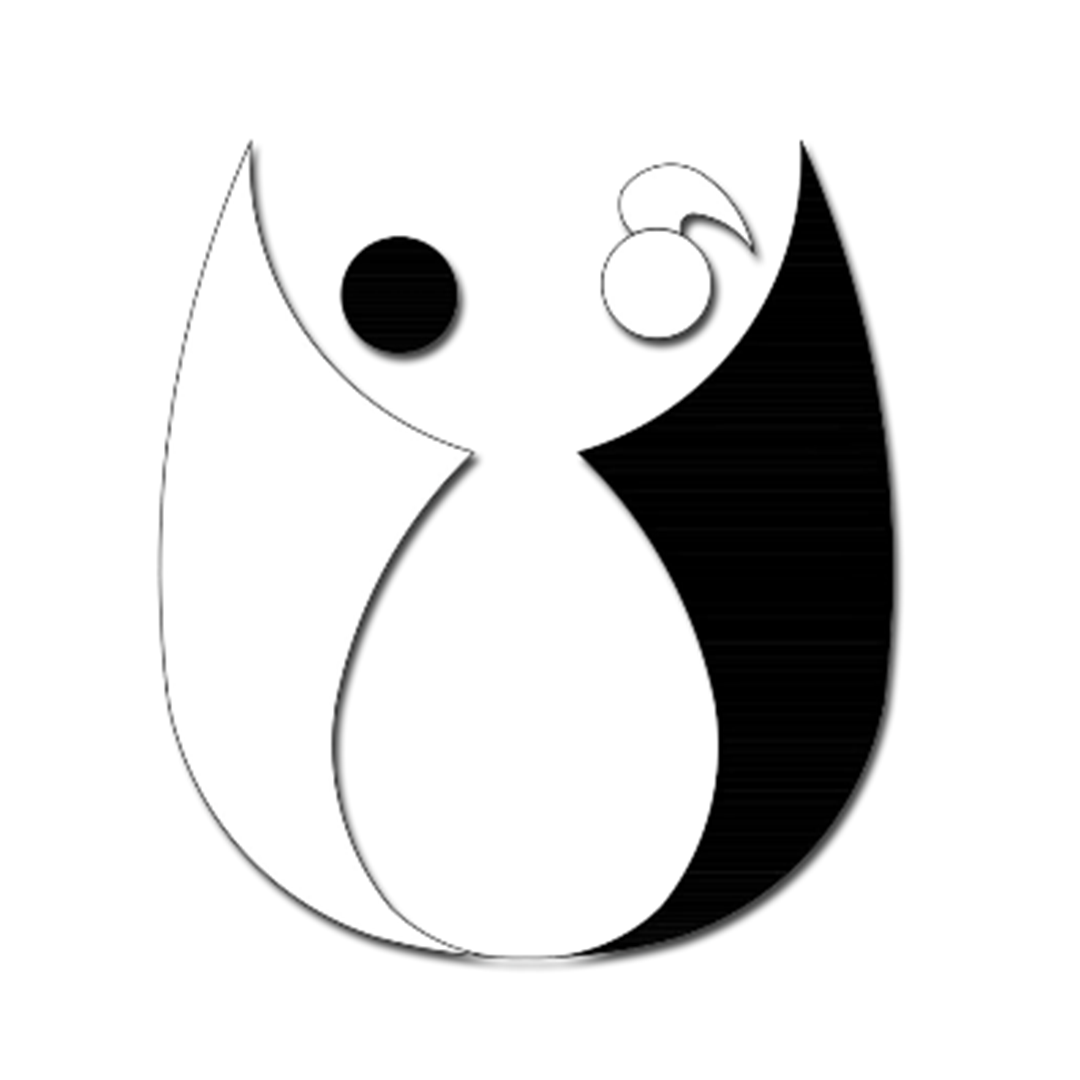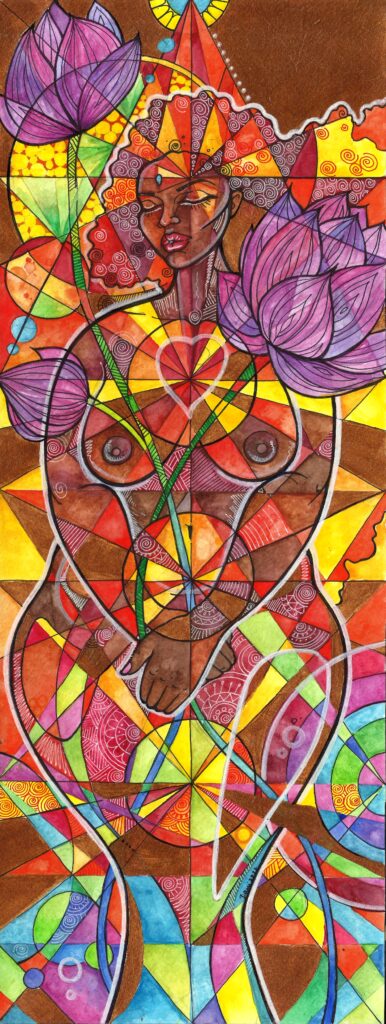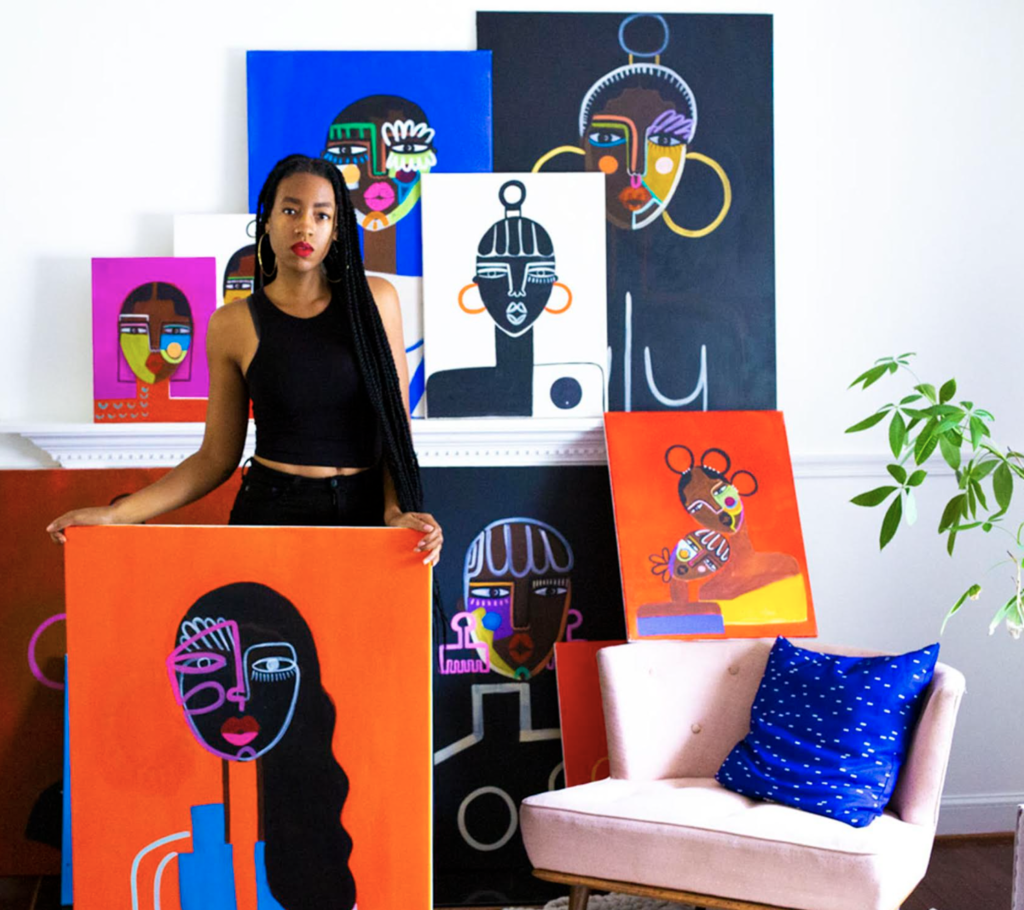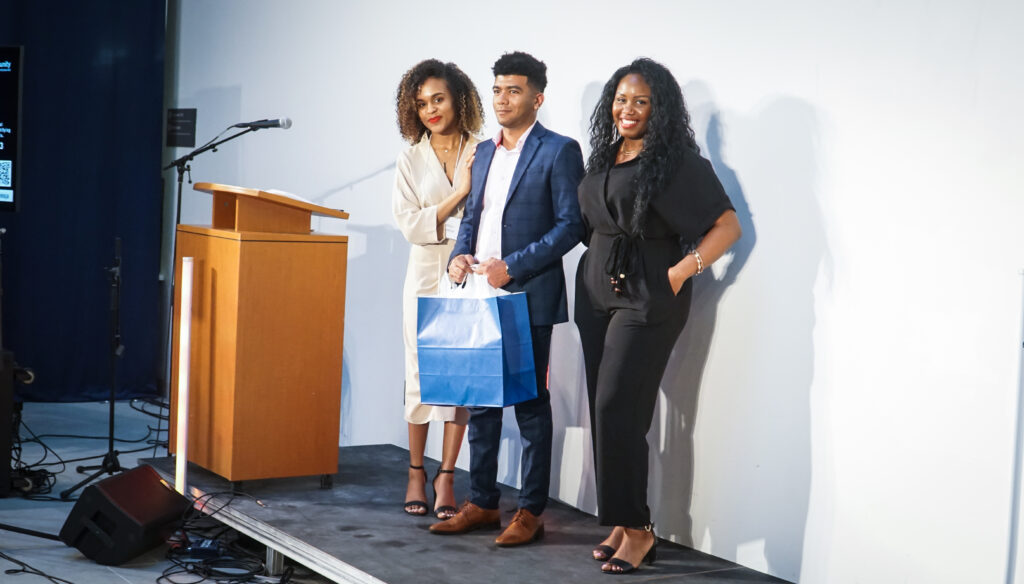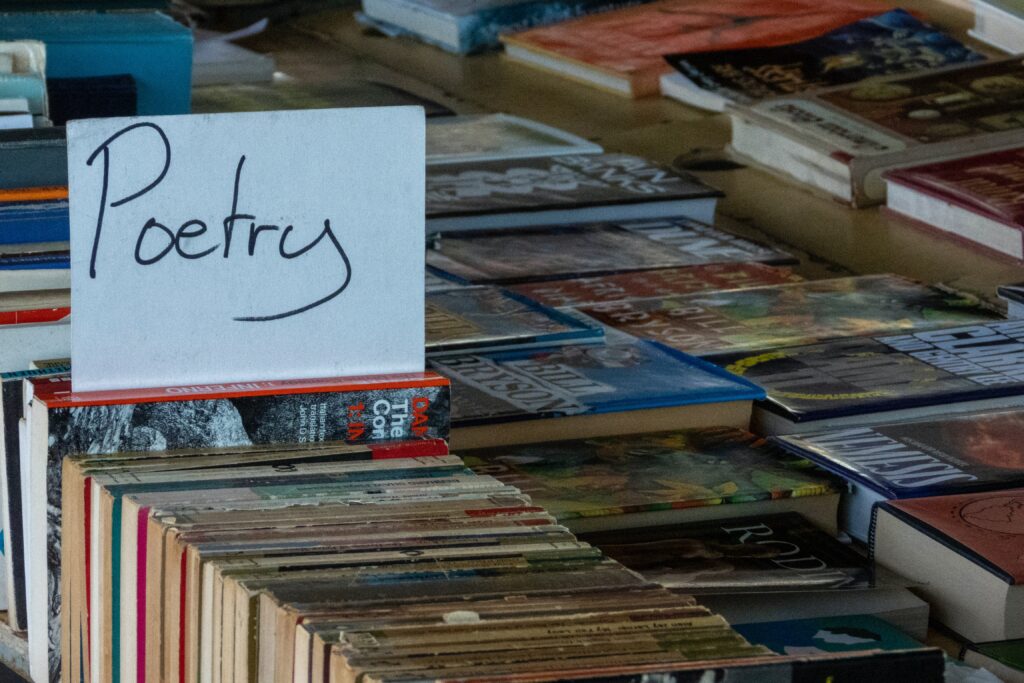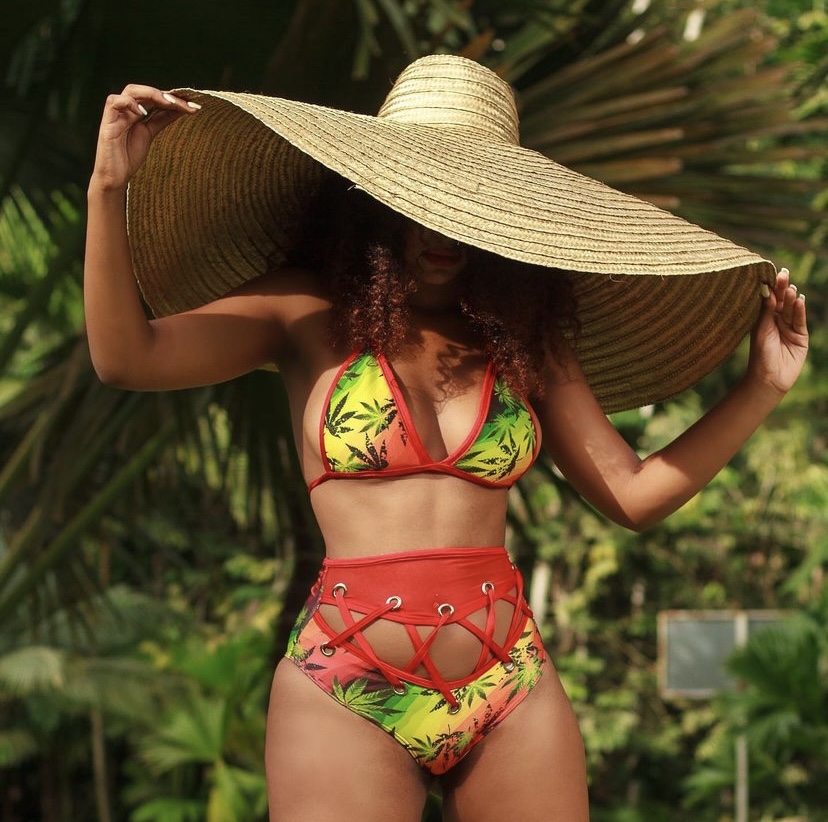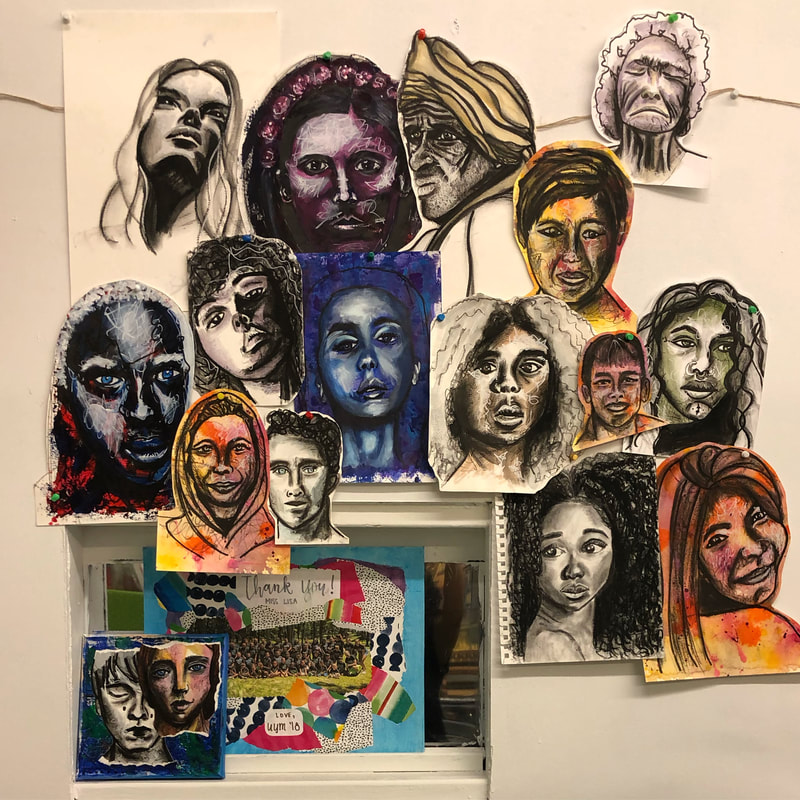Artist’s Name: Joseph Haughton
Name of Brand: @knowjoewrites
Artist’s Age: 24
Artform: Poetry
Why do you do what you do? When did you realize a passion for what you do?
I think I’ve always done what I do… I was a lonely child and while I did have friends when I was young, I was always on the outskirts socially. I spent most of my time alone and I learned to fill the empty spaces with words – fantasy stories at first, and then personal essays, and then poems. For me, writing is a way of thinking, a way of growing, even a way of communing with God. In that sense, writing helps me to renew and understand myself; I pour out as much as I can onto paper, and then form it into something as needed. I come away from the process a cleaner, more honest person, and I think that’s important.
When I was in middle school, I wrote a short fantasy book of about 30,000 words, about a hero I made up. I never finished the book (I simply moved on to other things), but when I rediscovered the file on my computer a few years later, it was clear to me that I’d always wanted to be a writer of some sort, even if I hadn’t understood it in those terms. Fast forward to college and I was writing poems almost every day as a means of coping with a bout of depression. It’s hard to imagine my life without my writing.
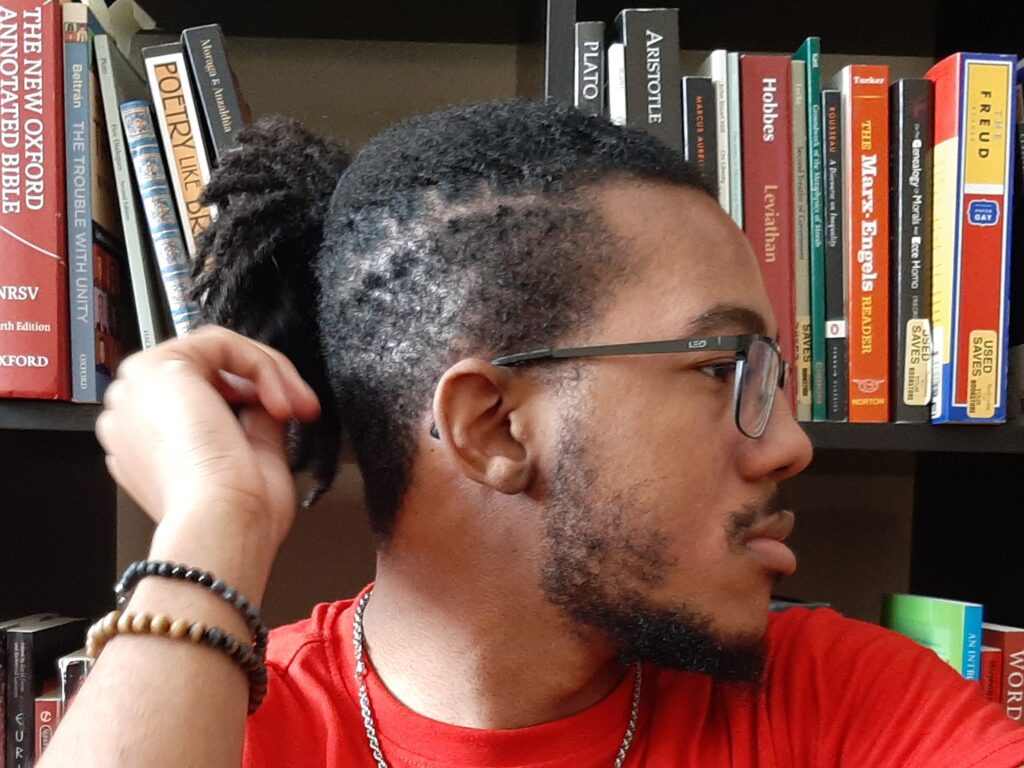
What is your educational background?
My educational background (formally at least) is in political science, not the creative arts per se. Perhaps even more distant from my ultimate passion, I went to college thinking that I would major in civil engineering. But the Black Lives Matter movement started really spinning up just when I got to campus, and I ended up being involved in various forms. I eventually changed my major to political science as a means of engaging with politics more. Nonetheless, I took a couple of English classes and engaged a lot with Black culture, where it’s impossible to not gain an appreciation of art.
All put together, I ended up with an artistic sensibility informed by both politics and Black culture, and I dig that.
What are some of the challenges that you have faced while trying to pursue your passion?
Poetry (and writing in general, I guess) is easy to learn, but hard to master. The field is so big, and the skills so accessible, it’s hard to stand out, especially when there are a lot of people who have studied much more deeply than I have.
In that context, everything has to be extra special in a meaningful way in order to be noteworthy, which means that producing something good takes a lot of thought. I have a huge backlog of things that I need to read in order to keep pace, and even that won’t be quite enough to really achieve the quality I’m looking for. I try to manage that challenge by capturing my own voice and layering my knowledge with my experiences. Every poem is a challenge I take personally.
How do you work? What is the method to your ‘madness’ and how do you filter your creativity?
I always have either my phone or some blank sheets of paper to write down any phrases or ideas that come to mind, but I’m also known to write things down on whatever is at hand (be it sticky note, napkin, or back of a restaurant menu). Sometimes the words will flow without any problems – in those cases, it’s probably hardest just to keep up with what’s going on in my mind. Other times, it’s a struggle to write down anything good. When I have blocks like that, I try to push through and hammer it out until something sticks. I never erase anything, and I always try to go back to look over a poem several times.
The process can get intense at times; I’ll write commentary on my poems, edit them, write replacements, have my computer read it out loud in a weird voice at different speeds, etc. Rarely do I feel satisfied; there is almost always something that can be tweaked or changed. One of my favorite things to do is revisit a poem and reimagine it in a completely different voice or form. I try to have fun and experiment.
What role do you believe “the artist” has in society? / How do you feel your artform has the power to benefit society?
Art is essential, not optional. It’s therapeutic, instructive, and productive, all at once. Art helps us to understand and experience the world. It allows us to share our hearts with those around us. It’s intimately woven into our technologies, and it provides the basis of our shared cultural consciousness. Creative potential is a key part of our humanity, and without that, our world would be much colder, if it’s possible at all.
Artists develop and curate creative potential in ways that benefit society. They continually point to the things that are important and frequently challenge society to confront its humanity, in whatever form that takes. In general, I might say that science determines what is possible, politics determines what is doable, and art determines what is human.
Poetry is super old, so I guess it’s fitting that questions about poetry’s role are also super old. I figure that poetry is about truth, truth being a key part of our moral and aesthetic appreciations. I’ve read poems that were, somehow, more true and more timeless than normal words. Poetry is especially important in highlighting truth in all its forms; it’s integral to our music, our social movements, our political rhetoric, and our ordinary conversation.
Out of all your work, which piece resonates the most with you?
In general, I think that my best work is done in series of poems. A series gives me more opportunities to develop and nuance ideas over time. I’ve written a couple that I like a lot, but one of my more recent ones is about masculinity. I was really honest in those poems and it comes across in a really cool way. The last poem in that series is particularly cool.
By what terms do you measure success or perfection? When do you feel like you can say that your work is finished and ready to be experienced by others?
I don’t know if a poem is ever really “finished.” For me, the important thing is that it captures a certain feeling for a certain moment. I try to keep things streamlined. I want my poems to be about something specific, and I also want them to be well-fitted to what they are trying to say. Some of my poems are bad and I try to figure out exactly what makes them bad.
Usually, I think that a poem is ready once it has an authentic voice of its own; the poem should know what it’s about, in a sense. The process is kind of meta.
The word “Ubuntu” means “I am because we are”; how have you seen that reflected in your own life?
I first stumbled on “Ubuntu” when doing some reading on alternative forms of justice to the typical retributive justice we see in the U.S. I think the idea of communal existence provides a refreshing contrast to U.S. individualism, which can be self-centric in its dealings. I actually wrote quite a few poems trying to put liberal self-conceptions into conversation with Ubuntu; really I was trying to come to terms with what my own loneliness felt like.
It wasn’t until I moved past myself to look at other people with more appreciation that I started to grow again. Moreover, who I am as a person is attached to the people around me and to the community I come from. And I love my community, so I also have to appreciate the role that I play in it. It’s all connected.
“In general, I might say that science determines what is possible, politics determines what is doable, and art determines what is human.”
~ Joseph Haughton
